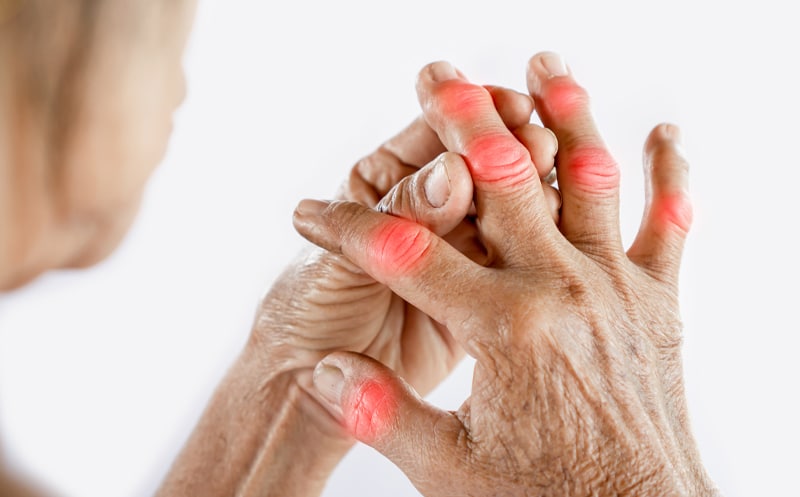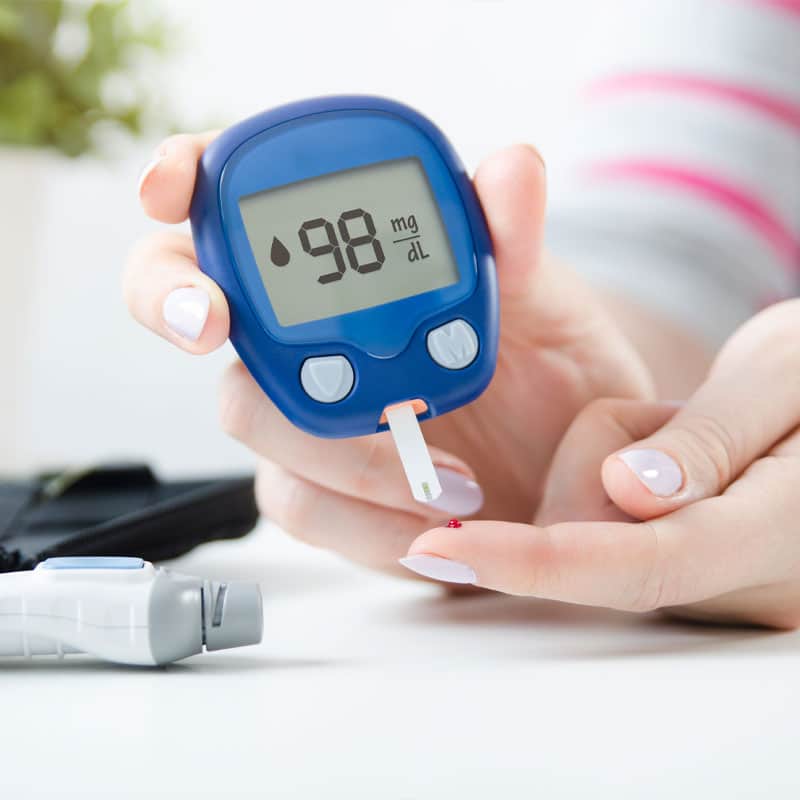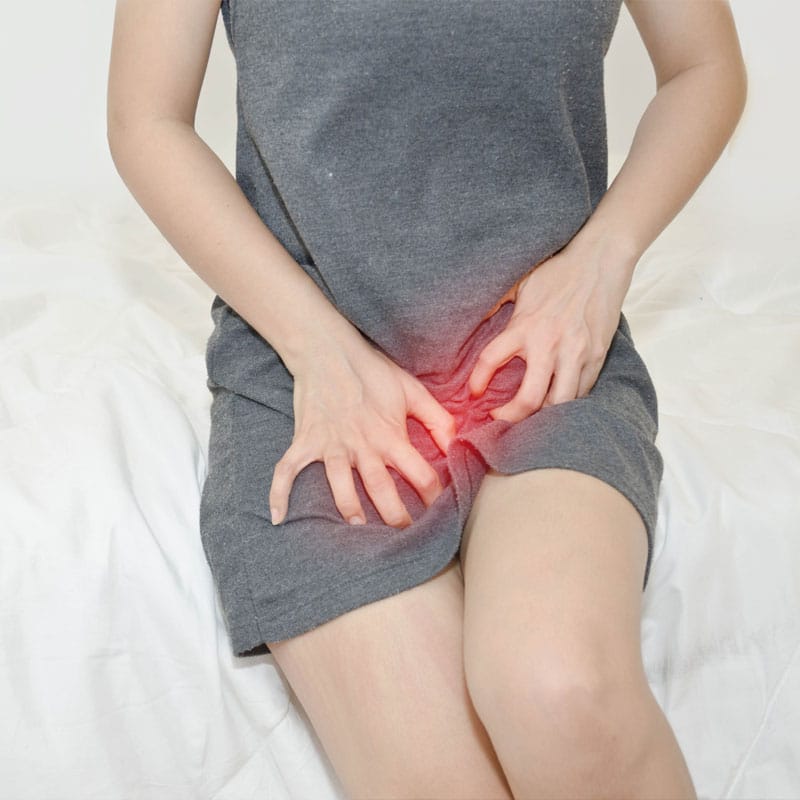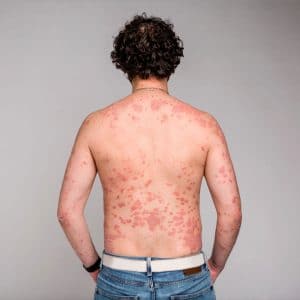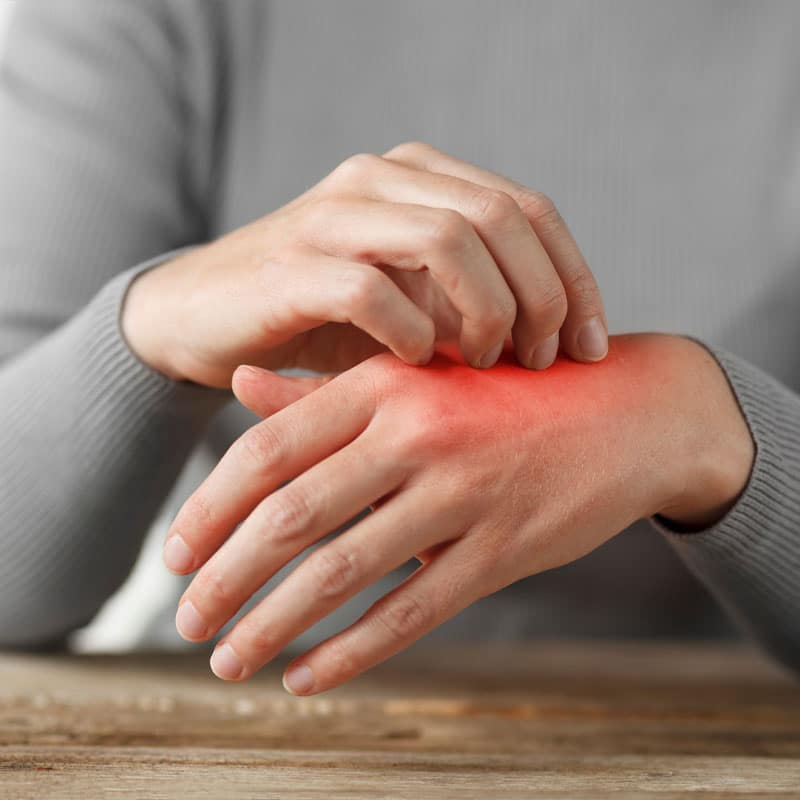index
Many people are surprised to learn that various fungi and bacteria live on your skin. Some fungi are beneficial, while others are harmful. An overgrowth of Candida on the skin is known as cutaneous candidiasis or candidiasis of the skin. Candidiasis causes an itchy red rash. A Candida rash or infection is one of the most common fungal skin diseases. Each year, more than 3.6 million outpatient visits and 26,000 hospitalizations in the United States for fungal skin infections. In addition, millions of individuals suffer from a skin infection without seeking medical help.
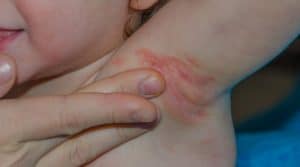
Symptoms of Candidiasis of the Skin
The primary symptom of a candida rash or overgrowth on the skin is typically a bright red rash that causes extreme itching. If the skin becomes infected, this can lead to:
- Irritation
- Pain
- Blisters
- Cracked skin
Although the rash can occur anywhere, it is most common in the skin folds. Common locations include under the breasts, the groin area, the armpits, and between the fingers. In addition, a yeast infection can form on the corners of the mouth, the sides of the nails, or under the nails.
If left untreated, the rash can spread to other areas of your body. You can treat the symptoms of yeast infection of the skin using anti-fungal powders or creams and good hygiene.
Causes of Candida Overgrowth
Candida is a fungus that lives on the skin; however, when it begins to multiply uncontrollably, it can result in an infection. Several things can increase the risk of fungal overgrowth, including:
- A weak immune system caused by pregnancy, diabetes, and other medical conditions
- Antibiotics
- Corticosteroids and other medications that can affect your immune system
- Incomplete drying of wet skin
- Infrequent undergarment changes
- Obesity
- Poor hygiene
- Tight clothing
- Warm weather
Fungi thrive in damp locations, so candidiasis commonly occurs in the folds of the skin. Diapers hold moisture, which is why babies can develop candidiasis on their buttocks.
Candidiasis of the skin is not typically contagious; however, people with a weak immune system risk becoming infected if they come into contact with the candida fungus. Furthermore, those with a compromised immune system are at an increased risk of developing a severe infection.
Your skin doctor will usually inspect your skin and make a diagnosis. In some cases, a skin culture of the affected area may be necessary for accurate analysis.

Treatment for Candidiasis
The most important thing you can do to treat candidiasis is to practice proper hygiene. Wash the affected area regularly with dye-free and scent-free soap. Rinse thoroughly and pat dry, ensuring the skin is completely dry before getting dressed. Properly remove damp clothing, such as sweaty workout clothes or swimsuits. Wear loose-fitting clothing and change your undergarments and socks regularly.
Candida feeds on sugar; therefore, you should reduce your sugar consumption. In addition to this, a probiotic supplement and fermented foods can help reduce the amount of fungus on the skin and in the body by rebalancing your gut flora. If your fungal infection is severe, your doctor may recommend an antifungal cream or powder. This treatment is applied to the skin and eradicates the Candida fungus.
Excess candida on the skin will typically go away with treatment. Usually, it takes one to two weeks to recover, depending on the severity of the overgrowth. There is a risk of a return infection, especially with those with a compromised immune system, including those with HIV or Aids or those undergoing chemotherapy.
How Can We Help?
Our team of practitioners understands the intricacies of the human body. We provide a holistic approach to treating candidiasis, including improving your immune system, reducing the amount of fungi on your skin, and improving your overall skin health. Food, diet, stress, and gut health all impact skin health. Our integrative practitioners will help uncover the root cause of your skin issues. You do not have to live with skin infections and uncomfortable candida rashes.




